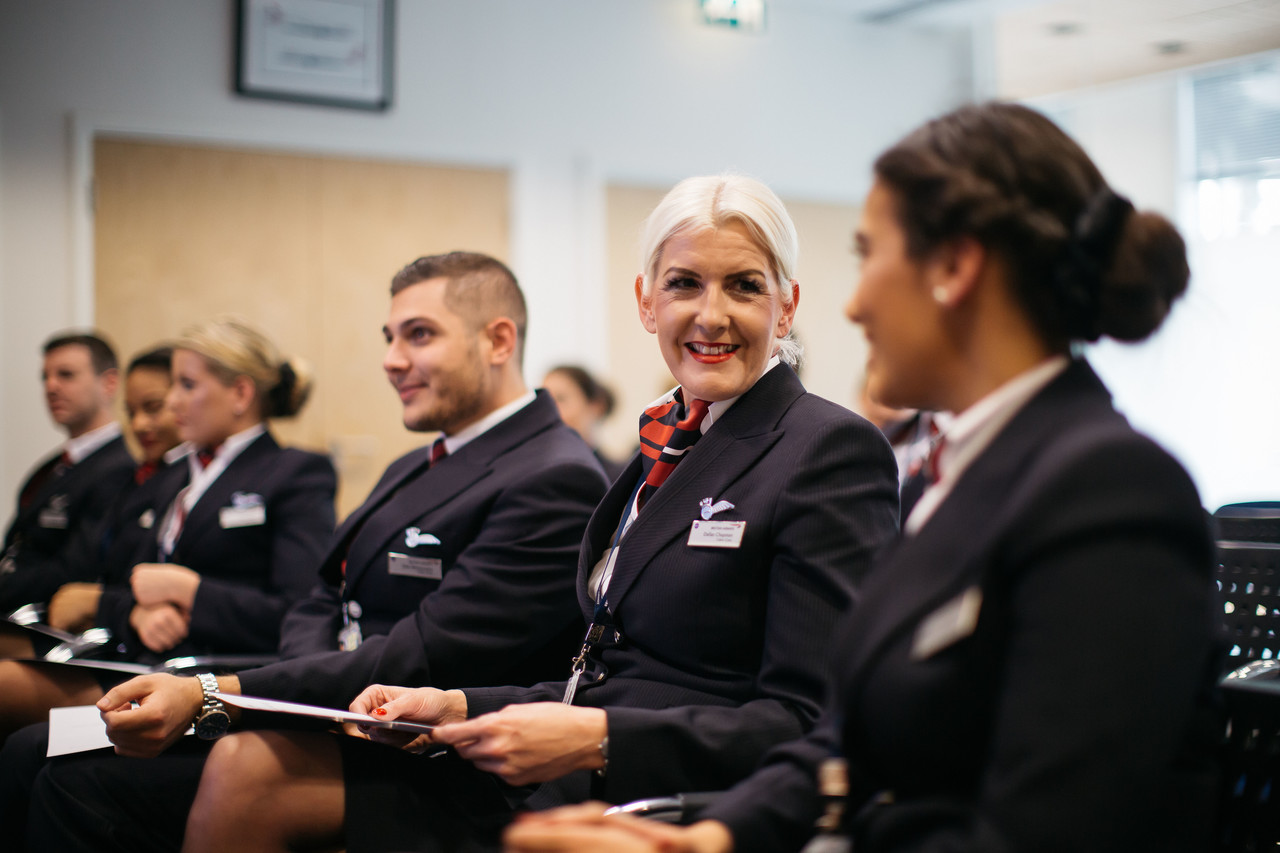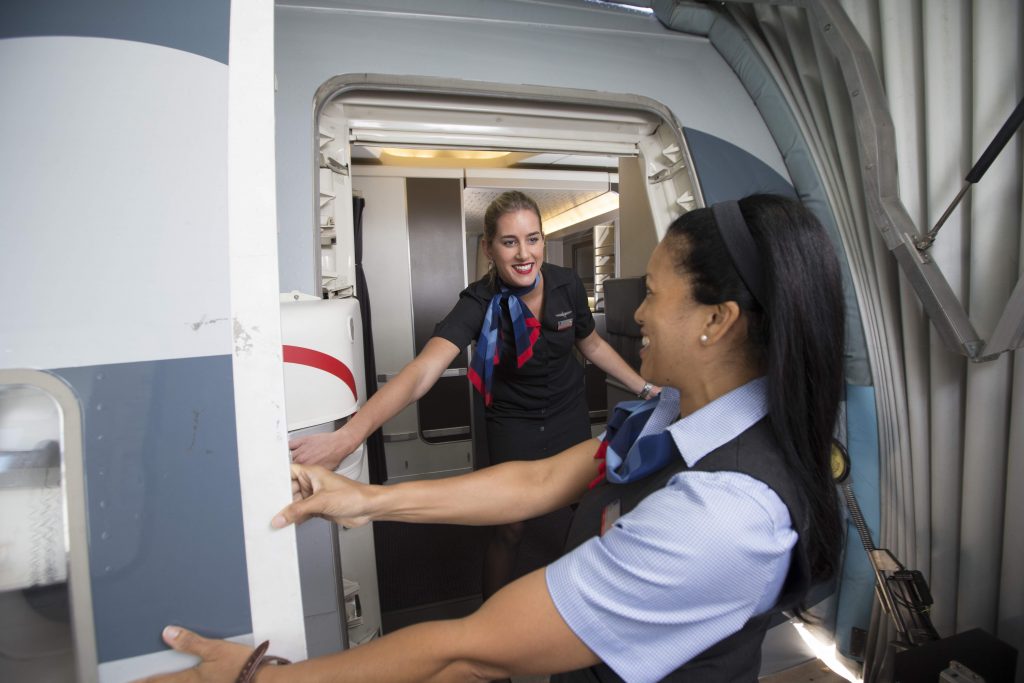
As the number of confirmed COVID-19 Coronavirus cases exponentially rise in countries around the world, the exact opposite is true of the number of planes currently flying. Airlines face ruin and aviation workers are either being forced to take months of unpaid leave or the prospect of being made redundant. The situation is dire and likely to get worse in the coming days.
But there’s an idea, growing in popularity, that could potentially save thousands of jobs and help ease the burden on overstretched health care systems around the world. It might not be suitable for all airline workers but there are growing calls to redeploy cabin crew as healthcare workers to help out during the Coronavirus outbreak.

“Cabin crew members, because of the physical nature of their jobs, tend to be relatively young and healthy. They’re also used to working in tough conditions and all through the night,” writes Izabella Kaminska in the Financial Times (paywall).
“Most importantly they’re already trained to a very high first-aid standard and used to following emergency protocols. Indeed, if any sector knows how to manage, reassure and prioritise among large, unruly crowds it is cabin crew.”
But could this really work or is it all just pie in the sky wishful thinking?
It’s true to say that airlines will be reluctant to make huge swathes of their frontline workers permanently redundant. No one knows how this crisis is going to play out but if there’s a relatively quick recovery then airlines will need to be in a position to scale up their operations just as quickly.
Recruiting and training cabin crew from scratch is a time and cost-intensive exercise – yes, there will be redundancies but airlines will want to retain as many crew as possible for when the storm finally passes.
But how long can you expect employees to sit at home without pay in the hope that times will finally get better? Redeploying flight attendants and other appropriately trained aviation workers might be an option.
It would be a big ask and would have to be voluntary but any help from people who have already been carefully vetted and are already trained in First aid could be put to use… Dishing out food and drink, cleaning, etc are all easy tasks that will be of use.
But who would pay them and how would this work in practice?
It’s now pretty obvious that airlines will need substantial government bailouts to survive this unprecedented challenge. But it’s not just the shareholders that should benefit from these handouts – money must go to frontline aviation workers who are hurting the hardest.
So if governments are going to intervene it would make sense to redeploy staffers where they are most needed in society. This could really work, saving jobs and lives if airlines and healthcare systems are willing to think outside of the box
“Necessity is the mother of invention,” writes Kaminska. “Let’s rise to the challenge by finally putting financial engineering to good use.”
Related
Mateusz Maszczynski honed his skills as an international flight attendant at the most prominent airline in the Middle East and has been flying ever since... most recently for a well known European airline. Matt is passionate about the aviation industry and has become an expert in passenger experience and human-centric stories. Always keeping an ear close to the ground, Matt's industry insights, analysis and news coverage is frequently relied upon by some of the biggest names in journalism.







